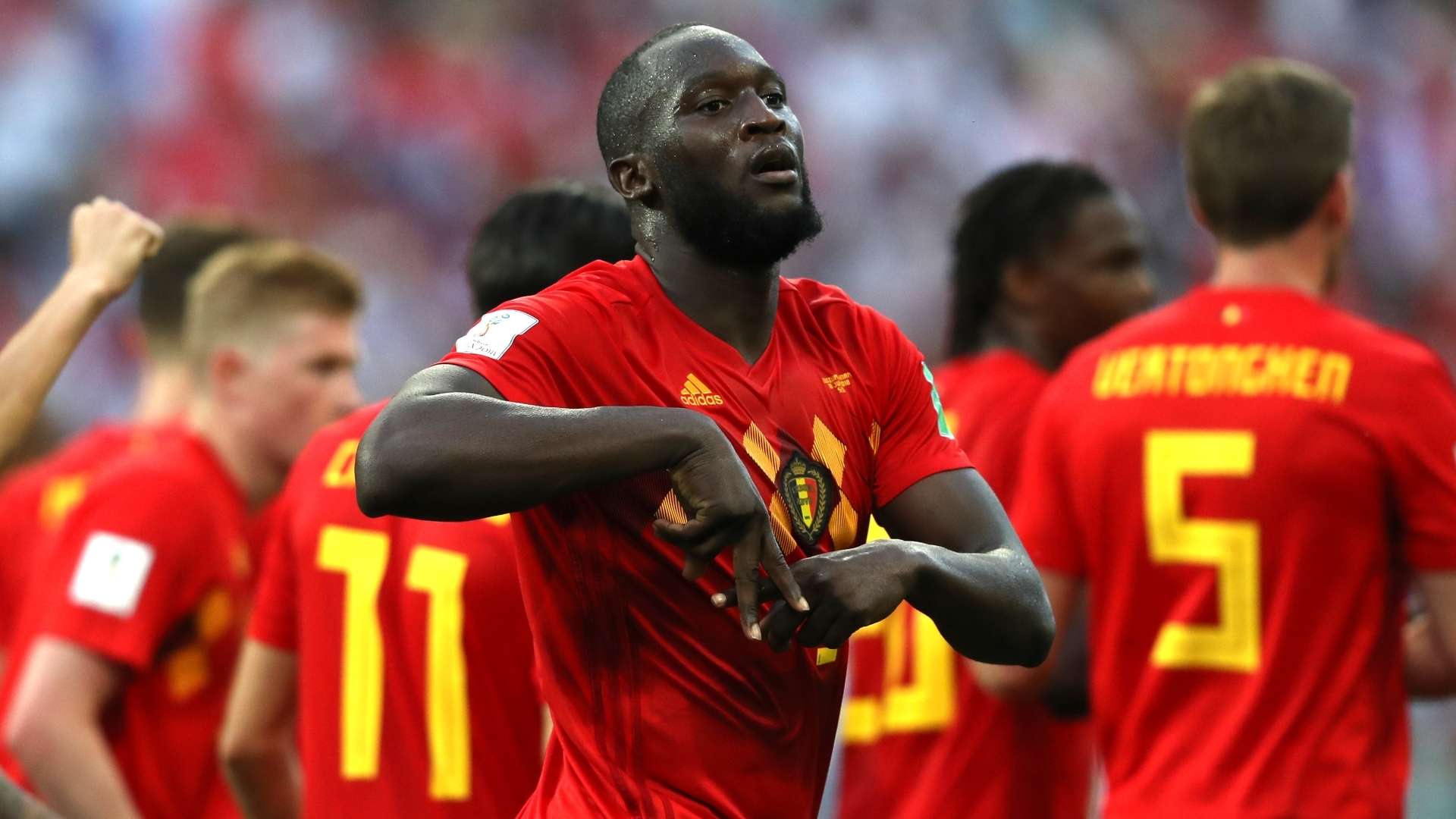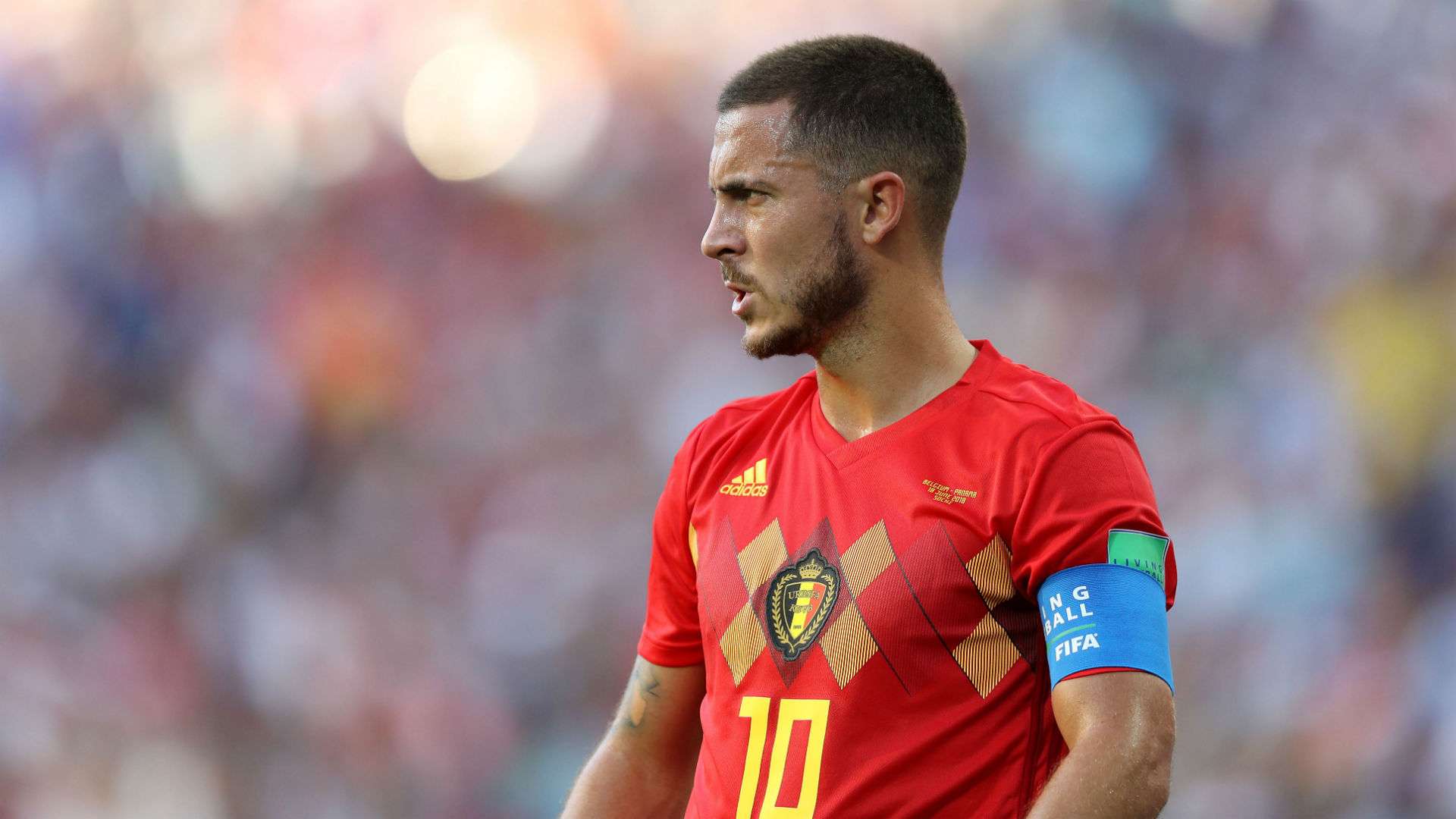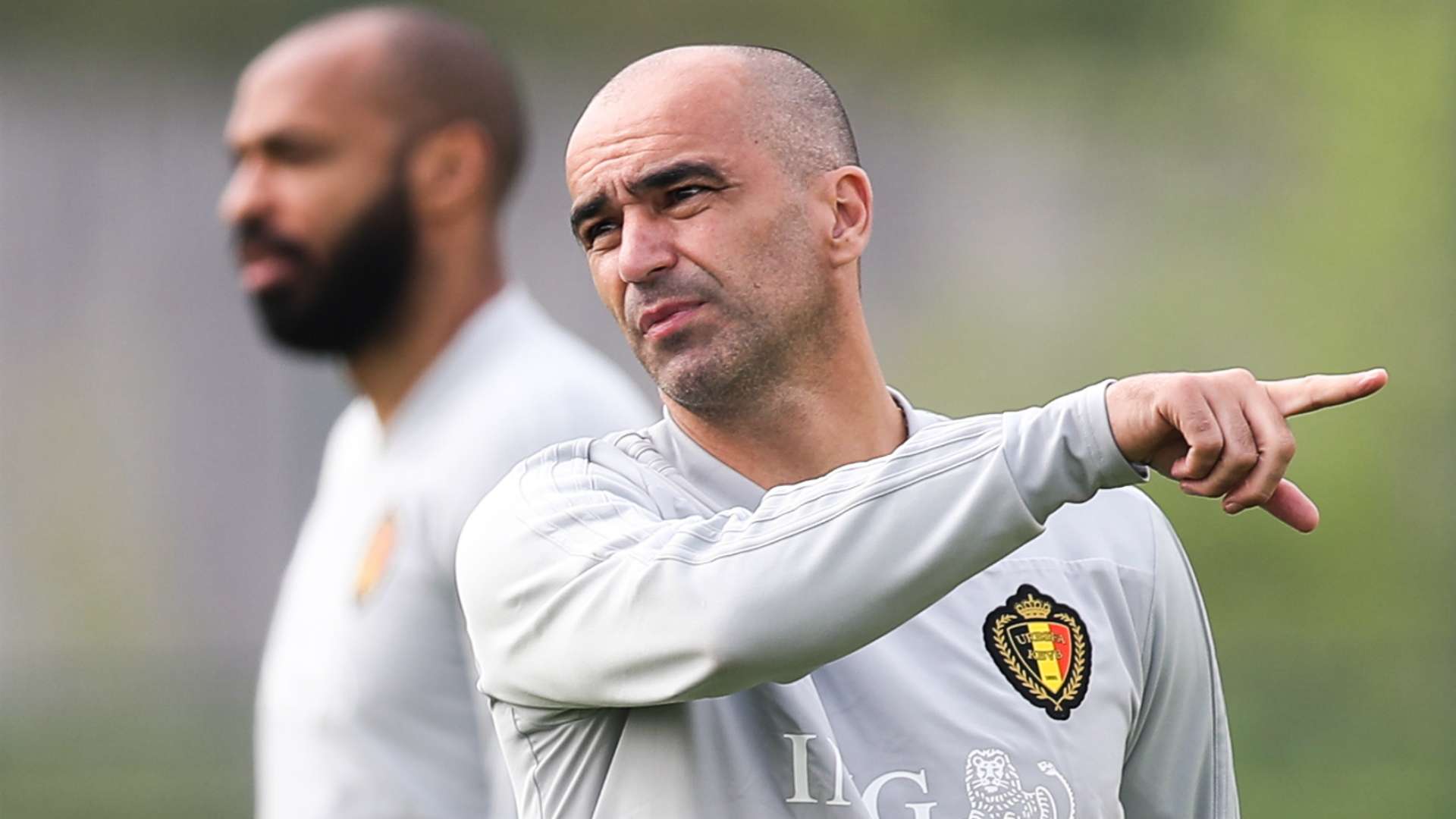It would appear that World Cup viewers are being left underwhelmed by the performances of the so-called top teams at the tournament. Argentina’s problems are well documented and their coach Jorge Sampaoli might not even last through to Tuesday’s match against Nigeria.
Defending champions Germany meanwhile lost to Mexico in a game that exposed a lack of speed and gave El Tri all the encouragement they needed to raid on the break.
France and Brazil have made heavy work of their opening games as well – needing magic, or good fortune or both in order to get themselves towards the summits of their respective groups.
Spain were not wholly impressive in either of their games while Portugal have plenty of work to do to live up to their status of European champions even if Cristiano Ronaldo is doing all he can up front. England, meanwhile, needed an at-the-death intervention from Harry Kane to see them past Tunisia.
Those teams are all characterised by outstanding individual talent. The problem is trying to get enough of it into the XI at once or structure it in such a way that the players bring the best out of each other.
This World Cup has shown that it’s a risk to rely solely on talent to get results. In the case of Lionel Messi, for example, there simply is not the same kind of unity in the Argentina ranks as he enjoys for Barcelona. It means less cohesion and less of a platform to have an influence.
On the other hand, the middle and lower ranking teams are able to come together and stay organised, stay solid and resist. That’s one of the reasons why Neymar has looked like a blunt instrument at the World Cup.
"You see every team, that they are on the pitch with a clear idea of what they do,” says Belgium coach Roberto Martinez.
"It's harder and harder and harder to score goals from open play.
"It's down to the improvement of technology and information and tactical awareness that big teams have to prepare against.”
 Getty
Getty
Solid organisation - no matter the calibre of player - runs natural talent very close. The team closest to the magic formula of top-class players and a devised system of play is Germany.
Whether they had an off-day or a genuine complacency has seeped into the holders, they simply failed to hit their marks on matchday one. But Joachim Low has been in charge of the national team since 2006 and has seen the side through numerous different iterations. His players join the squad and know what is expected.
Mexico on matchday one found a glorious unity and clarity of purpose that emphasised their credentials as the best collective on display so far. Maybe that’s because Low’s Germany present so few surprises.
This search for the right balance is the path that Belgian coach Martinez finds himself on. Few would argue that Belgium possess some of the best players – in all positions – at the World Cup. And Martinez’s job is to make sure they have enough of a relationship with one another to function like a club team.
It’s a tough ask for a national team coach as his contact with his players is severely restricted. That’s why Martinez’s line-ups throughout the recent friendlies and into the tournament proper have been so similar. He is seeking through repetition that instinctive play which characterises the very best teams.
It’s not always easy but top teams are having to figure out new ways to beat the meeker nations. They’ve all reached a level of organisational discipline which makes them very difficult to break down.
 Getty
Getty
"Everyone now has the technology and the information to prepare games down to detail,” said Martinez.
“Many years ago you used to go to a World Cup and it was a surprise on the day, and talent and decisions on the pitch made a bigger difference.”
Martinez on Friday was asked for his line-up to face Tunisia on Saturday and gave little away. However, unless there’s a last-minute injury or illness it’ll be fairly easy to predict.
Top teams need to be just as organised as their less-illustrious counterparts and are largely responsible for dictating the rhythm and style of any give match. To gain that initiative, patterns and partnerships must be present.
The also-rans have figured out how not to lose but the contenders still need to devise a way to win.
